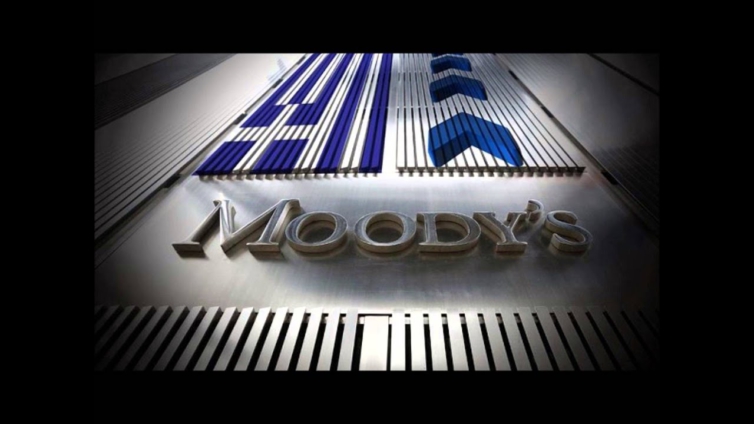Ghana’s economy could come under some pressure from the rising debt which is projected to hit about 80% of Gross Domestic Product by the end of this year, according to ratings agency Moody’s 2021 Sub-Saharan African (SSA) Outlook report.
Already, the debt to GDP ratio has crossed the dreaded 70% mark, putting the country in the highly debt distress category, and increasingly threatening the stability of the economy.
“We expect most SSA sovereigns to see their debt burdens rise further in 2021. The average debt burden in the region will hover around 64% of GDP in the near to medium term compared to the 47% average in 2015-19”, Moody’s said.
“We do not expect debt burdens to come down in the foreseeable future as revenue generation capacity remains weak”, it added.
The international ratings agency said the country will be ranked second in Sub Saharan Africa with the greatest External Vulnerability Stress pressures.
“In SSA, higher external vulnerability indicators – which are a measure of short-term debt and upcoming external debt maturities against international reserves – will be more challenging for sovereigns outside of monetary unions. Zambia and Ghana will see the greatest EVI pressures, with 2021 levels forecast to be 509% in Zambia and 143% in Ghana”.
Despite a rebound in growth, the debt burden will rise further, as Ghana’s borrowing is extremely high compared to its peers on the continent.
With domestic revenue mobilization expected to remain low, the repayment of loans will become a test case for the country.
The Governor of the Bank of Ghana has called for tougher measures to improve the fiscal economy that is widening the tax net to raise enough revenue and at the same time exhibit prudence in spending as well as reducing the appetite for borrowing.
Moody’s also said currency depreciation will add to the cost of debt loads and lower debt affordability. More than 50% of Ghana’s debt is held by external investors.
But as borrowing requirements rise amid wider financing gap and upcoming maturities, some market watchers want the country to consider taking advantage of the Debt Service Suspension Initiative to get modest liquidity relief.
With the DSSI, bilateral loans with maturities that fall due within the programme will have a repayment period of five years.
As of September last year, Ghana’s debt has reached a little over GH¢273 billion, with each Ghanaian expected to pay about GH¢9,200 if it is shared among a population of 30 million.
Latest Stories
-
Mahama calls for robust investment to uplift vulnerable populations
6 minutes -
Policy Expectations of the New Government: A robust asset and liability declaration framework
45 minutes -
Engender trust to resolve Bawku crisis – Former Defence Minister Dominic Nitiwul advises
1 hour -
Guardiola divorces wife of 30 years
1 hour -
Up to 4 in 10 people could develop dementia after 55. What you can do to lower your risk
2 hours -
Mohbad’s widow, father face-off over DNA test
2 hours -
US to remove Cuba from state sponsors of terror list
2 hours -
Jideofor Adibe: Democracy and its Discontents in Africa
2 hours -
Sierra Leone declares emergency over mpox outbreak
2 hours -
South Korean investigators arrest impeached President Yoon, ending weeks-long standoff
2 hours -
Attack on Electrochem sends wrong signals to investors – Ada Traditional Council
2 hours -
Couple in court for allegedly defrauding urban planner of GH¢320K
3 hours -
US markets watchdog sues Musk over Twitter stake disclosure
3 hours -
Bawku needs firm and fair governance to achieve lasting peace – Dominic Nitiwul
5 hours -
Bawku peace eluded us despite our best efforts – Former Defence Minister Nitiwul
5 hours

